Two lives at coalface of grocery trade
A home baker and a butcher tell how they did it.
NBR columnist Nevil Gibson speaks with Fiona Rotherham.
A home baker and a butcher tell how they did it.
NBR columnist Nevil Gibson speaks with Fiona Rotherham.
Consumer concerns about the ‘cost of living crisis’ found a ready scapegoat in supermarkets, the greatest retail innovation of the 20th century.
Politicians and public service regulators were quick to pick up the vibes, targeting ‘excess profits’ as a distraction from the role of Government policies that greatly added to the cost of doing business in the past five years.
While the return of inflation should be sheeted home to central bank monetary policies, as most economists warned, and political decisions for lockdowns in response to a global pandemic, the increase in grocery prices didn’t start at the checkout, or with Russia’s invasion of Ukraine.
Media stories have joined the forces against supermarkets, giving advice on where cheaper groceries and produce might be found. But the reality is that only supermarkets can deliver low prices at scale. Otherwise, every small retailer would be charging less rather than more.
How the supermarkets became the source of the cost-of-living mythology defies the evidence of why customers go there in defiance of other options. The answer isn’t in Commerce Commission inquiries, though these have exposed some dubious business practices unrelated to food production.
The reason is due to demands by suppliers to cover their higher costs, a fact highlighted in a new Rabobank analysis, which predicts a further rapid rise in food prices over the remainder of the year.
In Australia, the cheapest grocery outlet, Aldi, complained it had received demands from suppliers for prices increases for 1200 items, five times the normal amount, and had accepted 80% of them.
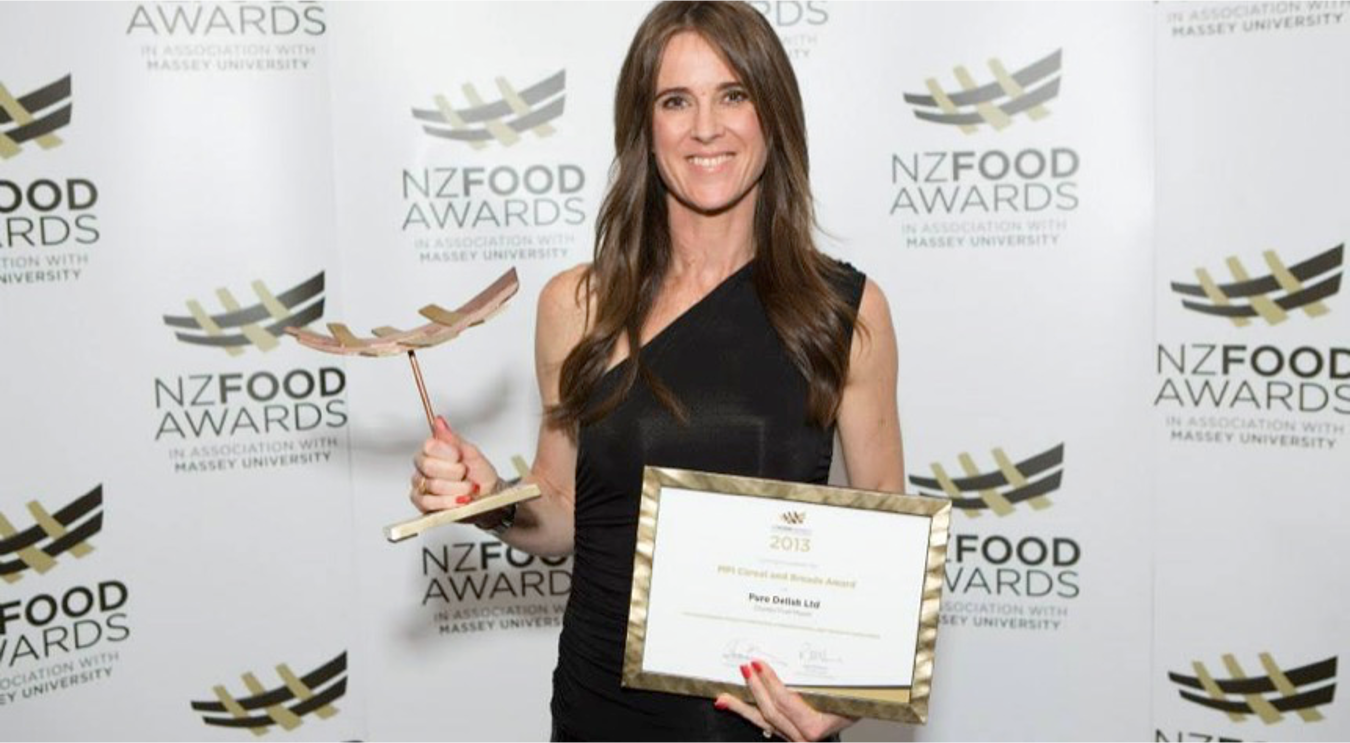
Kaz Staples with a gold medal at the NZ Food Awards in 2013.
At the coalface
Two business memoirs reflect the coalface of the fast-moving consumer goods industry. In The Cereal Entrepreneur, Kaz Staples tells how, over 22 years, she built up the Pure Delish gourmet brand from her home baking oven to a business large enough to be acquired by a mainstream manufacturer.
Brett Ashley’s The Key to Unlocking Your Potential is a self-improvement guide based on a career that took him from apprentice butcher to a senior executive at Woolworths New Zealand, which employs 22,000 staff and has annual food sales of $7.15 billion.
New Zealand business memoirs have limited value for outsiders due to the reluctance of authors to reveal unflattering material about themselves, colleagues, friends, and enemies. These two are no exceptions.
Staples’ account is unashamedly personal, giving praise to others for what was plainly a hard struggle done without access to capital, heavily dependent on the efforts of owner and staff, with most of the hard lessons about business learned through trial and error.
Her home-baked seasonal Christmas cakes were launched to supplement the family income from husband Dave’s own business. The product was aimed at the luxury end of the food chain.
Gourmet outlets
Gourmet grocery outlets Moore Wilson in Wellington, and Farro Fresh and Nosh in Auckland, gave initial support, steering Pure Delish into the breakfast market, with unique offerings such as flavoured non-grain muesli made by hand with imported nuts and dried fruit.
The range grew to include cereals, snack bars, cookies, slabs, and snacking clusters, with eventual distribution through supermarkets and a small export market. The operation survived without an advertising budget, a risk in the food business if reputation and quality is questioned, as it was when Fair Go did a ‘hit job’ in 2012. It alleged a child was made sick after eating a snack bar.
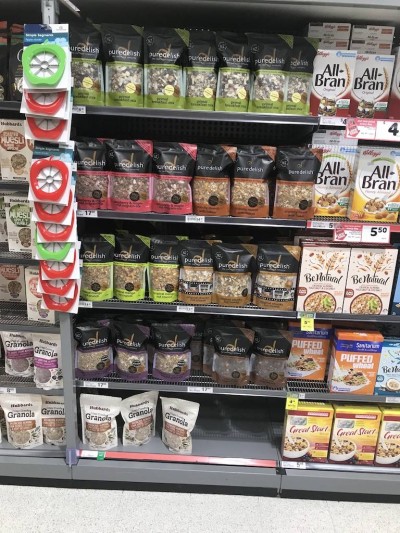
Pure Delish products in a supermarket.
Staples found out the child was that of a friend of one of the TV show’s presenters. The boy had a history of illness, and the story went to air as a case of “guilty before being proven innocent,” according to Staples. She tried to stop the show after learning of the background, saying even today she was “stripped of my integrity and it felt like everything I had worked for was in the balance of being destroyed … I was a total wreck, on the verge of falling apart”.
While the business survived this blow, the outcome of a similar story told by Ashley was much more damaging. It involved allegations made under parliamentary privilege by an unnamed “Opposition MP” about illegal practices at Countdown. The company was later cleared but Ashley says it resulted in loss of considerable market share.
“It took the Countdown brand over 18 months to fully recover financially,” he says. The claims were based on supplier complaints about Countdown wanting to reduce its costs and give consumers a better deal.
Politicians are always happy to demand lower prices from retailers but not, it seems, at the expense of suppliers or the retailer losing sales. (For the record, the MP was Labour’s Shane Jones in 2014. The Commerce Commission investigated similar complaints as part of its 2021-22 inquiry.)
Advice on margins
Margins are at the core of grocery economics. Staples is adamant her business would not have been viable if she had given into all the retailers’ demands for rebates, discounting, and promotion. She has a message for small businesses whose margins are under attack: do not go for scale if it means less profit.
Eventually, after health pressures from two bouts with cancer, and fatal losses from it of friends and family, Staples agreed to sell the business in 2019, just months after being recognised in the New Year Honours. Again, background details are scarce, with Te Atatu-based Tasti Products, founded in 1935, buying the Pure Delish brand.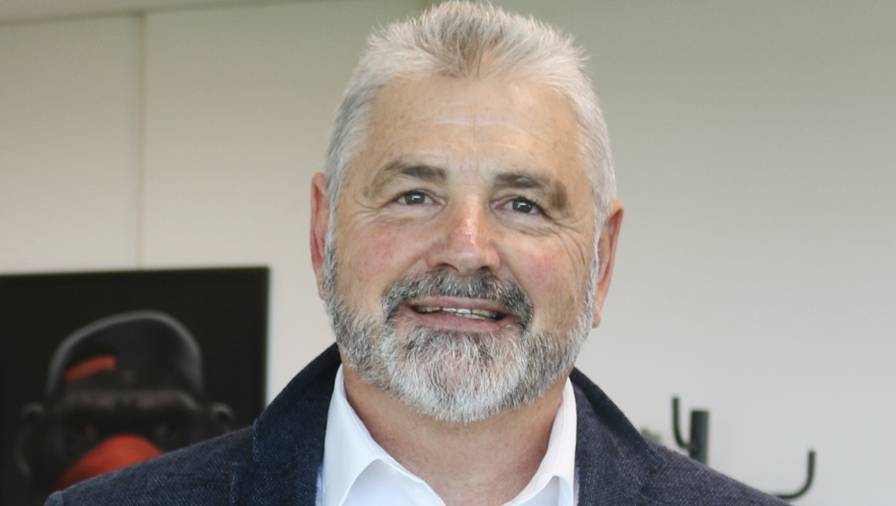
Brett Ashley began his career as an apprentice butcher.
Butcher overcomes tough start
Ashley’s journey to corporate success was punctuated by only one period of business ownership. Angered by the clumsy Coles Myer takeover of Progressive Enterprises in 1998, he quit and started an Italian-style butchery in Fletcher’s Pakuranga mall.
The mall’s Foodtown started to sell chicken breasts at a dollar a kilo cheaper, giving Ashley the opportunity of buying the entire stock for the day and reselling it at a profit. The price-cutting soon stopped and later, when Ashley was lured back to Foodtown after Coles Myer sold out to Perth-based Foodland (FAL), he learned his butchery was outselling the supermarket’s meat division.
Under FAL, the task was to restore Progressive, which had three supermarket brands, both inside and out. This meant merging three retail cultures, setting new priorities with procurement at the top, and adopting a centralised approach to the meat and seafood division.
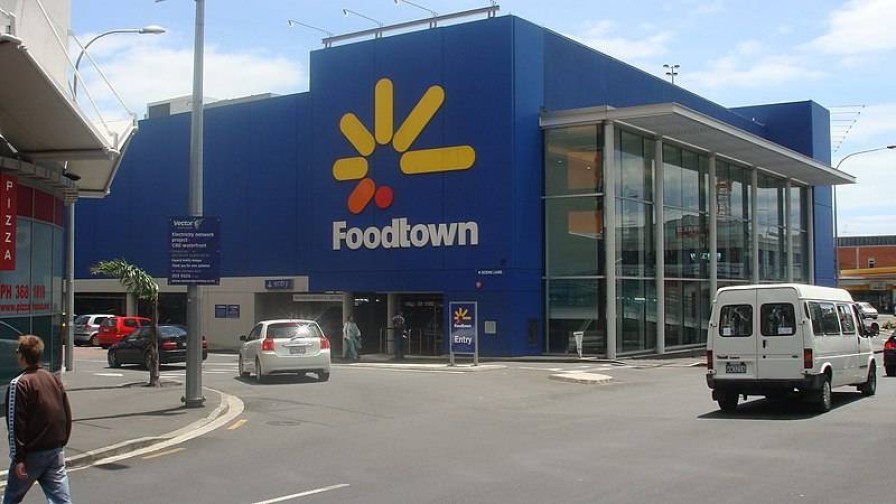
A Foodtown outlet in central Auckland before it rebranded as Countdown.
Merging cultures
FAL then acquired the rival Woolworths operation, also with three brands and formerly owned by Dairy Farms International. Again, Ashley was faced with merging store cultures, cutting redundant operations and ensuring the top-down Coles Myer experience wasn’t repeated.
In 2005, FAL was bought by Woolworths Australia, a 10 times larger business than Progressive and with plenty of capital resources. Ashley points out most of the profit from the New Zealand supermarkets goes into business expansion.
When a new chief executive arrives from Australia in 2018, Ashley fears he will be a victim of another corporate reshuffle. He does not name her but she persuades him to change his mind about leaving for at least two years.
In retirement, Ashley works on his new business, My Purpose, which provides courses on leadership (“coach a team on how to generate actions that will deliver the results”), personal life planning and goal setting, and creating successful business cultures and environments.
These are outlined in the second half of the book, which will mainly appeal only to practitioners and those wanting a career in business. Ashley reveals much about his tough start in life, but he overcame this by his strong ambition and wide reading.
Three books had a big impact: Maxwell Maltz’s Psycho-Cybernetics (1960), Success! The Glenn Bland Method (1972), and Robin Sharma’s Life Lessons from the Monk Who Sold His Ferrari (1999). He now hopes his experience can be passed on to prove, as the book’s subtitle states, “life is not a prison”.
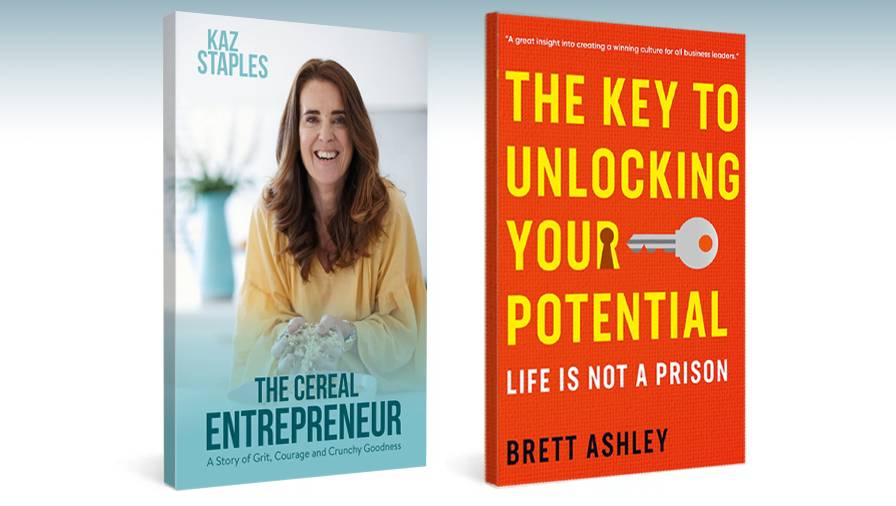
The Cereal Entrepreneur and The Key to Unlocking Your Potential.
The Cereal Entrepreneur: A Story of Grit, Courage and Crunchy Goodness, by Kaz Staples (Ultimate World Publishing).
The Key to Unlocking Your Potential: Life is Not a Prison, by Brett Ashley (Mary Egan Publishing).
Nevil Gibson is a former editor at large for NBR. He has contributed film and book reviews to various publications.
This is supplied content and not paid for by NBR.